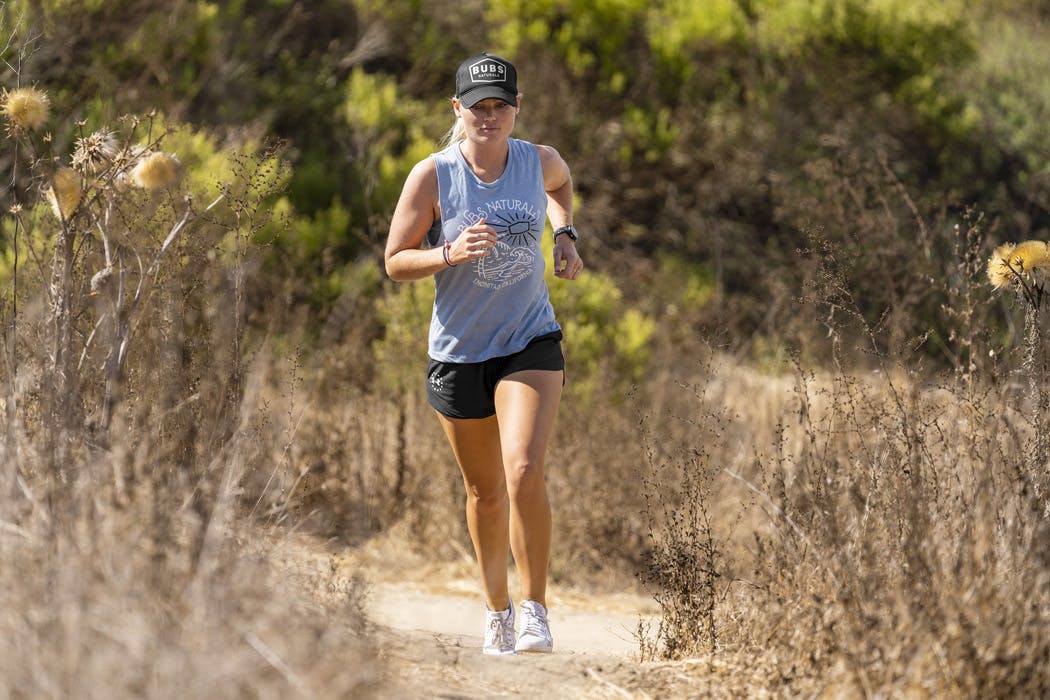
Want Better Mobility? Try Collagen.
TJ Ferrara
over 2 years ago
Collagen promotes healthy joints as it strengthens cartilage, tendons, and ligaments.
We’ve been seeing more attention given to mobility, and we think that’s a great thing! Mobility refers to how well, freely, and efficiently you are able to move. More than just a term for athletes, mobility encompasses all the movements we make in daily life. This includes muscle strength, flexibility, range of motion, and endurance. One of the worst things you can do to your body is not use it. Low physical activity is one of the leading causes of poor mobility at any age but is easily prevented by simply staying active. However, while staying active will naturally improve mobility, how you stay active is important too. Even athletes and people who regularly lift can suffer from poor mobility if they do not include some form of mobility training in their fitness routine. If your workouts are focused on lifting, you may be missing out on increasing your range of motion--and that could affect your performance later on. Besides, what good is strength if you can’t use it? While mobility and flexibility are not the same thing, they do share some similarities. Both prioritize a wide range of motion. The difference is that mobility builds on flexibility with added strength so that you can squat lower, lunge deeper, and jump higher.
What causes bad mobility
Have you ever noticed that some motions or movements just don’t come as easily as they used to? If you cannot move and walk as you normally can or should, you have poor mobility. While this is certainly a problem associated with age, it is not only an age problem. Young, healthy people can suffer poor mobility. Bad mobility can be caused by:
•
Muscle stiffness
•
Injury
•
Muscle imbalances
•
Obesity
•
Mental health issues
•
Neurological problems
•
Low physical activity
But as we mentioned before, even athletes who work out regularly experience bad mobility. Most of us spend a lot of our day sitting (or at the very least in one position) so by the time we walk into the gym our muscles are already tight. Then, we tend to focus on a few particular muscle groups with a limited range of motion, leading our workouts to be less effective as secondary muscle groups step in to compensate. This can eventually lead to injury.
Take care of your joints
While joints are not the only contributors to mobility, they certainly play a huge role in how well we move. Joint mobility is the extent to which our joints’ articulation (or area between bones) can move before being restricted by muscles, tendons, ligaments, or other surrounding tissue. Full range of motion doesn’t always mean that your joints are safe. While your joints could have good mobility, they could also be unstable, putting them at risk for injury. Joint instability occurs when the tissues that make up your joints (tendons, ligaments, and surrounding muscles) are weak, torn, overused, or in some other state of stress. This makes it very important to keep those tissues healthy and strong. Like all aspects of good health, diet and exercise are important contributors here. But so is collagen.
What is collagen?
Collagen is one of the most abundant proteins in the body and is often referred to as the glue holding our body together. It gives structure from everything from our tendons and ligaments to cartilage, bone, and even skin.
Collagen and mobility
Our bodies make collagen from the amino acids that we receive in our diet. Like many other processes, our natural production of collagen slows down with age. Meanwhile, our bodies’ collagen breaks down, and this can be amplified by sun exposure, toxins, and even exercise. This is bad news for our joints who depend on these tissues being strong and ready to take whatever move we make when we are exercising or just getting around the house. But not to fear; there is good news here. Collagen’s impact on joints is studied extensively, and the research is consistently finding promising results. Studies continue to find that people who regularly take a collagen supplement have improved joint health, whether that’s faster recovery time or mitigating joint pain in athletes. You don’t have to be an athlete to see the payoff--studies that follow elderly men found improved muscle function. Another reported decreased joint pain due to arthritis.
How to replenish collagen
Fortunately, collagen can be supported through diet! Eating a diet rich in amino acids (re: protein) should give your body what it needs to replenish its collagen supply. However, studies show that collagen supplements really do support this process. Collagen protein powder such as BUBS Naturals Collagen Peptides is made of collagen sourced from animals. This collagen is then broken down into a size that the body can actually use.
BUBS Naturals Collagen Protein
BUBS Naturals Collagen Protein Powder sources collagen from grass-fed cows that is then broken down to a size that your body can absorb and put to use. We believe in giving your body the best to keep it going so that you can die young as late as possible.